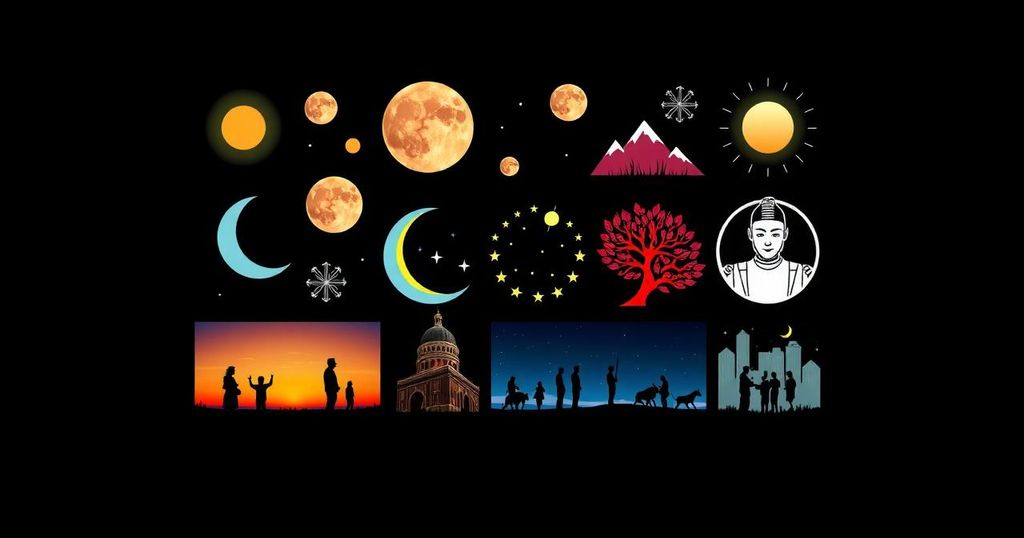Google has recently unveiled the latest iteration of its AI text-to-image generator, known as Imagen 3, to users located in the United States. This advancement was highlighted by the technology news outlet, VentureBeat. The enhanced tool is accessible via Google’s AI Test Kitchen and is designed to produce images exhibiting superior detail, improved lighting, and a reduction in distracting artifacts compared to its predecessors.
The announcement regarding Imagen 3’s refinement was initially made during the Google I/O event in May; however, general availability through the Vertex AI platform was achieved only in the past few days. Enthusiasts on Reddit began exploring this new tool last week, and a related research paper detailing Imagen 3 was published by Google on the preceding Tuesday.
Similar to other AI image generation tools, Imagen 3 enables users to create intricate images based on their textual prompts. Furthermore, users have the capability to modify an existing image by highlighting specific sections and articulating desired alterations.
Nevertheless, it is noteworthy that certain limitations exist within the tool. Imagen 3 refrains from generating images of public figures, such as prominent celebrities, and does not produce representations of weapons. While the tool refrains from generating images of copyrighted characters by name, users have been able to circumvent these restrictions by providing descriptive depictions of their intended characters. For example, tests indicated that users successfully generated imagery reminiscent of well-known characters such as Sonic the Hedgehog and Mario, while others could emulate figures resembling Mickey Mouse. Remarkably, the tool has also been observed to create logos associated with major corporations, including Apple, Macy’s, Hershey’s, and Google itself.
In comparison to other AI image generators, such as Grok, which is hosted on Elon Musk’s X platform and is known for producing a broader range of controversial content—including depictions of drugs, violence, and public figures engaged in dubious activities—Imagen 3 maintains a more conservative approach to content generation. However, it is important to note that Google has encountered challenges with its AI tools previously, notably having ceased image generation capabilities with the Gemini AI chatbot earlier this year due to the unintended production of historically inaccurate images.
In conclusion, while Google’s Imagen 3 presents considerable advancements in AI image generation, striking a balance between user creativity and ethical constraints remains a complex endeavor.

